The Impact of Regular Exercise on Longevity and Quality of Life
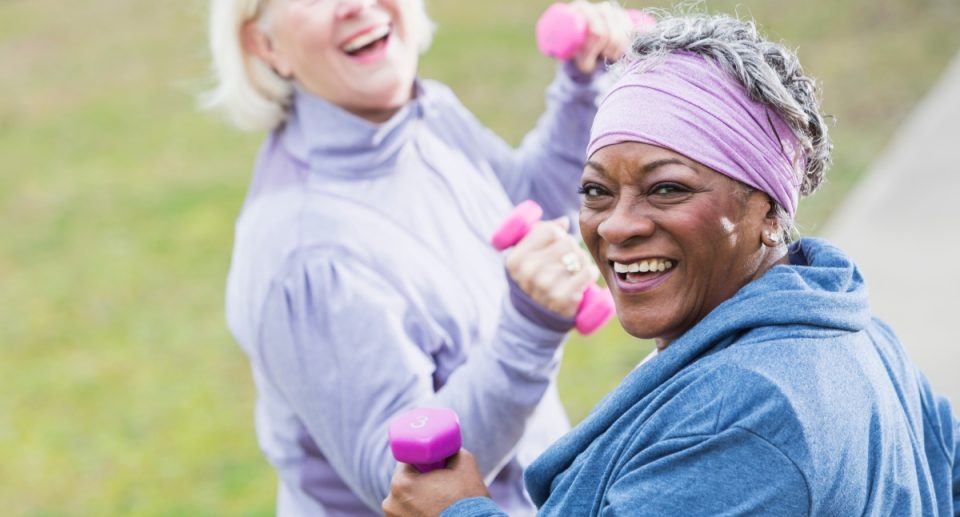
Our bodies and minds undergo numerous changes, some of which can affect our quality of life. However, one of the most effective ways to maintain physical and mental health is through regular exercise. Engaging in consistent physical activity has been proven to extend life expectancy and significantly enhance the quality of those additional years. Whether you’re already an exercise enthusiast or just beginning to explore the possibilities, understanding the impact of regular exercise on longevity and quality of life can be a powerful motivator.
The Connection Between Exercise and Longevity
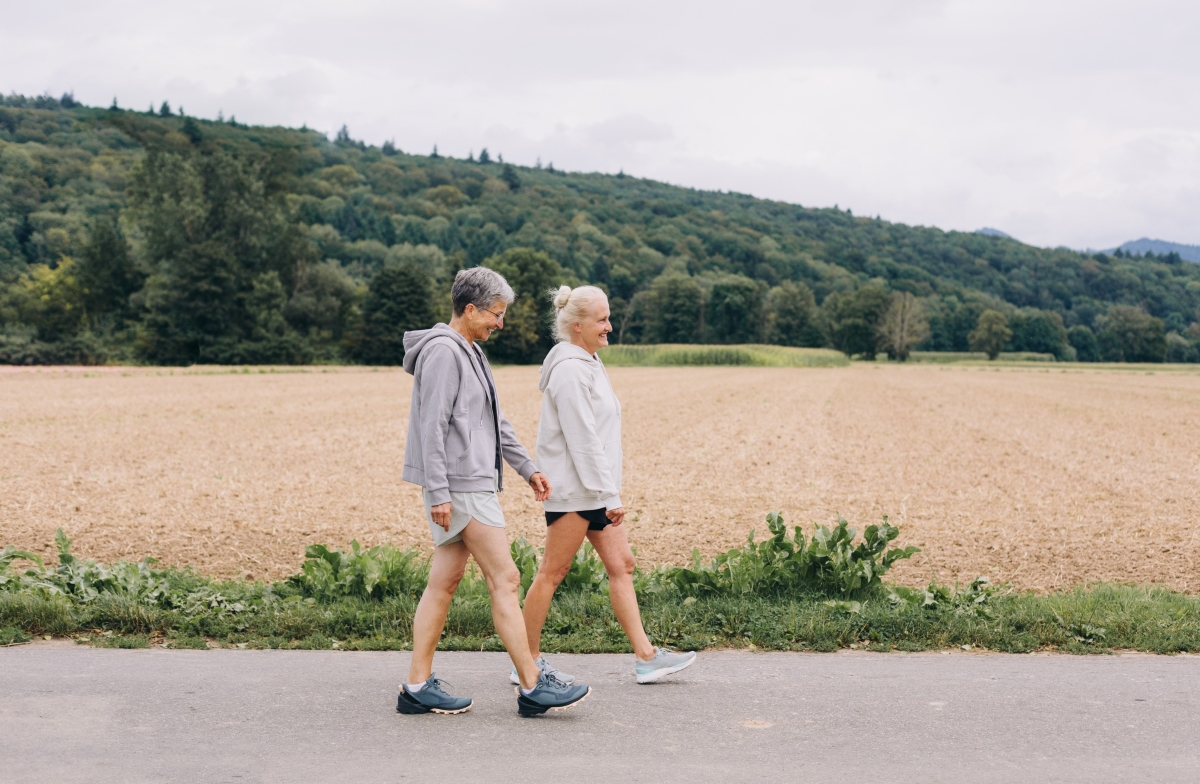
Numerous studies have established the link between regular exercise and increased life expectancy. Physical activity helps reduce the risk of many chronic conditions that commonly affect older adults, such as heart disease, stroke, diabetes, and certain types of cancer. Moving your body regularly improves your cardiovascular health, reducing the risk of heart-related illnesses—the leading cause of death worldwide.
Moreover, exercise helps in managing body weight, which is crucial for preventing obesity—a major risk factor for a host of chronic diseases. It also significantly improves insulin sensitivity, which is vital for preventing and managing type 2 diabetes. But the benefits don’t stop there. Regular physical activity has been shown to boost the immune system, making it easier to ward off illnesses and recover from them more quickly.
Beyond physical health, regular exercise is a potent tool for mental well-being. It keeps the brain active and engaged, reducing the risk of cognitive decline and diseases like Alzheimer’s. Studies have shown that seniors who exercise regularly are less likely to experience memory loss and other cognitive issues than those who lead a sedentary lifestyle.
Enhancing Quality of Life Through Exercise
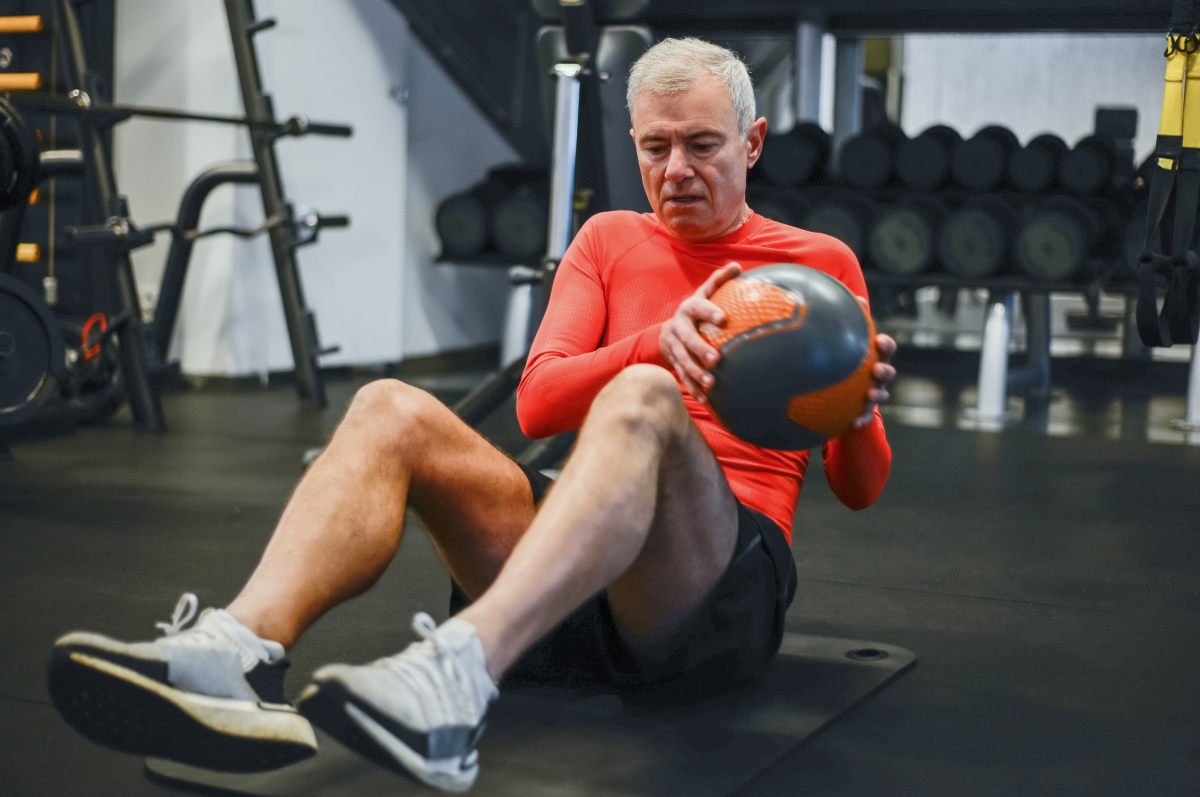
Longevity is only part of the equation. The quality of those years is equally important. Exercise significantly improves various aspects of life, making daily activities easier and more enjoyable.
- Physical Strength and Mobility: Our muscle mass naturally decreases as we age, a process known as sarcopenia. This can lead to frailty, reduced mobility, and an increased risk of falls and fractures. However, regular strength training exercises can counteract this muscle loss, helping you maintain strength and independence. Activities like walking, swimming, or even light resistance training can improve your balance and coordination, making it easier to perform everyday tasks like climbing stairs, carrying groceries, or getting up from a chair.
- Flexibility and Joint Health: Regular exercise helps keep your joints flexible and reduces stiffness, particularly for those with arthritis. Stretching exercises, yoga, and tai chi are excellent options for improving flexibility and joint health. These activities help manage pain and enhance your range of motion, allowing you to move more freely and comfortably.
- Mental Health and Emotional Well-being: Exercise is a natural mood booster. When you engage in physical activity, your body releases endorphins—often called “feel-good” hormones. These chemicals help reduce feelings of depression, anxiety, and stress, which are common among older adults. Regular exercise also provides a sense of accomplishment and can increase your self-esteem. Moreover, group activities, such as walking clubs or dance classes, offer social interaction, which is vital for emotional well-being and can help combat loneliness and social isolation.
- Cognitive Function: Keeping your mind sharp is as important as maintaining physical health. Exercise has been shown to improve cognitive function by increasing blood flow to the brain and promoting the growth of new brain cells. Engaging in activities that challenge your body and mind, such as dancing or playing tennis, can enhance memory, attention, and problem-solving skills.
Getting Started with Exercise
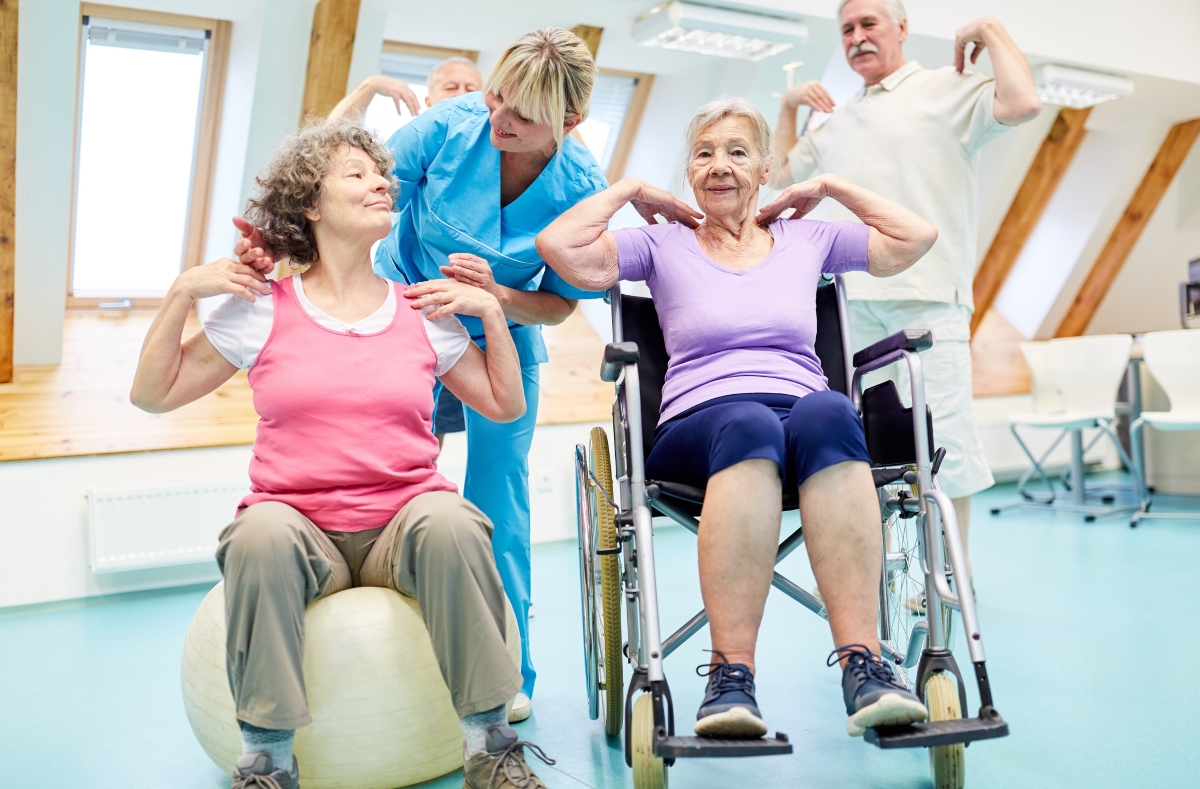
If you’re new to exercise or haven’t been active, it’s important to start slowly and gradually increase your activity level. The key is finding activities you enjoy so exercise doesn’t feel like a chore. Here are a few tips to help you get started:
- Consult Your Doctor: Before beginning any new exercise routine, it’s always a good idea to check with your doctor, especially if you have any pre-existing health conditions. Your doctor can help you determine what types of exercise are safe and appropriate for you.
- Start Small: If you’re not used to exercising, start with small, manageable goals. For example, you might begin with a 10-minute walk around your neighborhood and gradually increase the duration as you build stamina.
- Incorporate a Variety of Activities: To keep things interesting and to work different parts of your body, try incorporating a mix of activities into your routine. For example, you might walk one day, do strength training the next, and then try a yoga class or a bike ride.
- Listen to Your Body: It’s important to remember how your body feels during and after exercise. If something doesn’t feel right, don’t push through the pain—rest and seek advice if needed. Also, be mindful of staying hydrated and warming up before and cooling down after your workouts.
- Stay Consistent: The benefits of exercise are cumulative, so consistency is key. Try to make physical activity a regular part of your daily routine. Whether it’s a morning walk, an afternoon swim, or an evening stretch, find a time that works for you and stick with it.
Conclusion
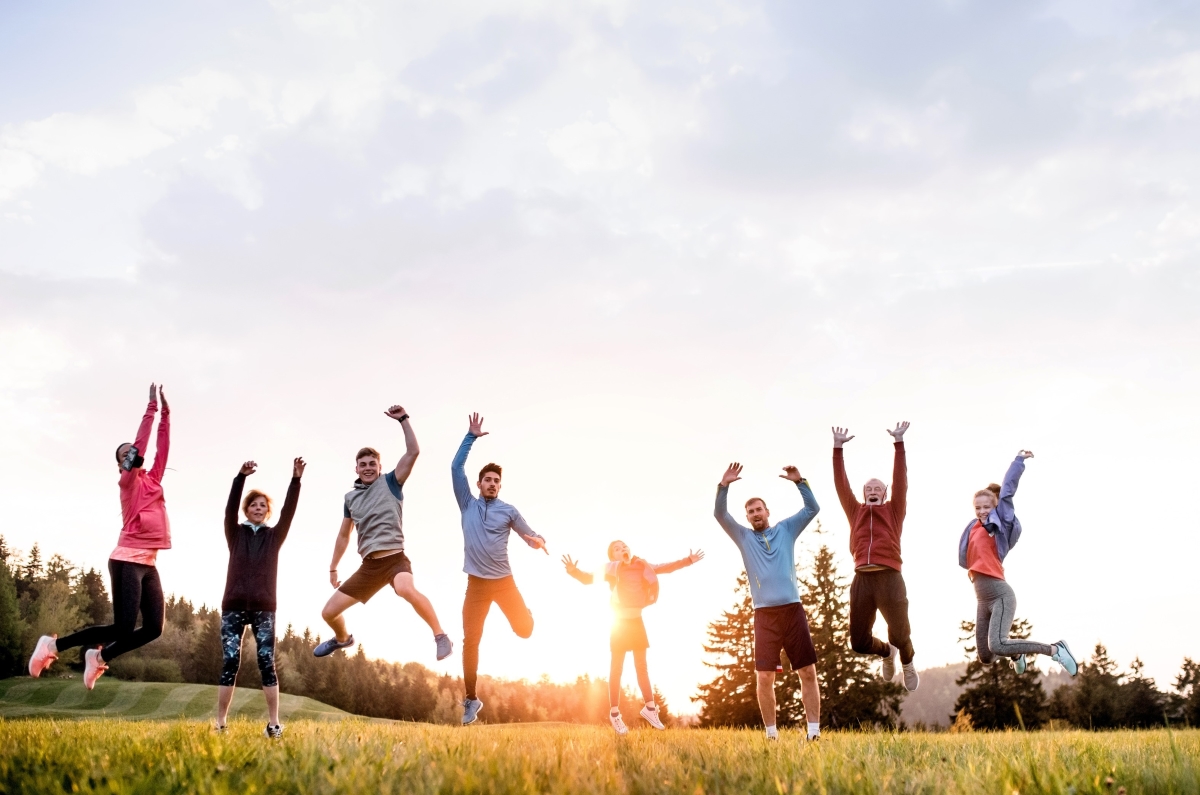
Regular exercise is one of the most effective ways to enhance your life’s length and quality. It’s never too late to start, and the rewards are well worth the effort. By incorporating physical activity into your daily routine, you’ll improve your physical health and boost your mental and emotional well-being. So, lace up those sneakers, grab a friend, and start moving toward a healthier, happier, and more fulfilling life. Your future self will thank you.





